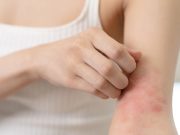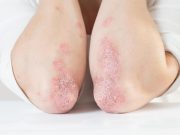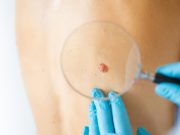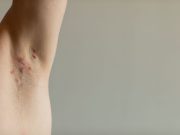7.9 Percent of People of All Ages Uninsured in January to June 2024
No change seen in percentage of people who were uninsured from 2023 to first half of 2024; lower percentage had public coverage
Risk for Meniere Disease Higher in Patients With Atopic Dermatitis
Older age, female sex, and allergic comorbidities increase risk for developing Meniere disease
High Ultraprocessed Food Intake Linked to Active Psoriasis
Association persists after adjustment for age, BMI, alcohol intake, and comorbidities
Preferential Promotion of White Men Persisting in Academic Medicine
Black women significantly less likely to be promoted to assistant professor, full professor compared with White men
2016 to 2023 Saw Antibiotic Consumption Increase 16.3 Percent Globally
Global antibiotic use reduced significantly during the COVD-19 pandemic, but increase projected to continue through 2030
Poor Control Over Aspects of Work Linked to Physician Burnout
Poor control over patient load, team composition, clinical schedule, and workload independently linked to burnout
Trump Picks Vaccine Mandate Critic Dr. Jay Bhattacharya to Head National Institutes of Health
Characteristics Differ for Melanomas in Children, Teens, Young Adults
Significant differences seen in distributions of primary tumor location by sex, race/ethnicity for pediatric, AYA groups
President-Elect Trump Names His Picks to Head the CDC and FDA
In addition, the president-elect has chosen his nominee for surgeon general
FDA Approves Bimzelx for Hidradenitis Suppurativa
Approval based on phase 3 trials showing clinical response at 16 weeks, with sustained benefit at 48 weeks



















